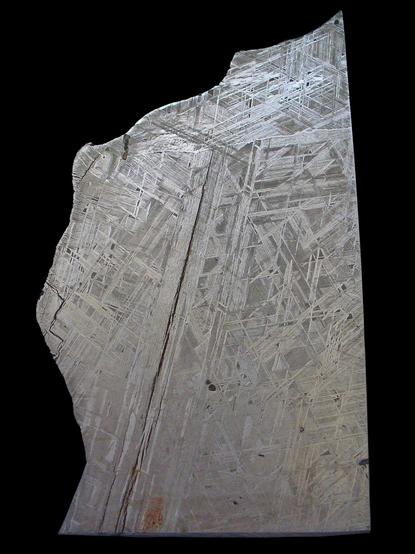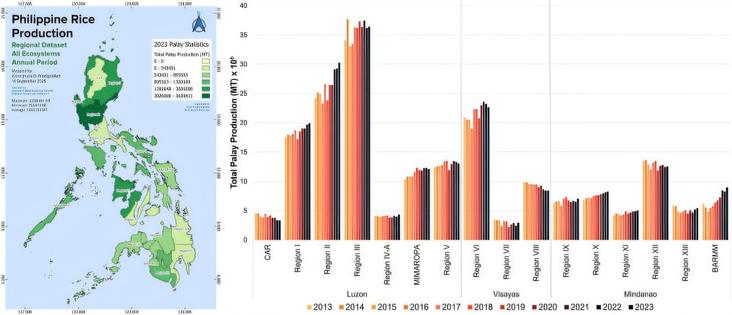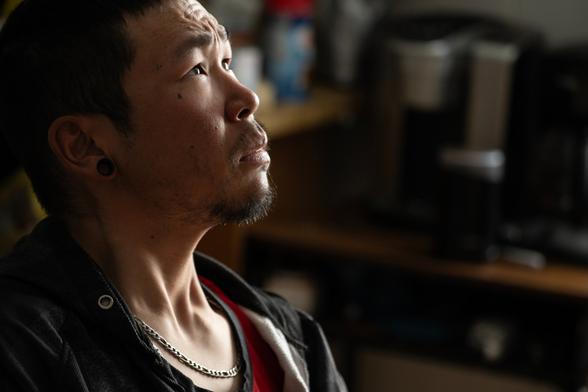2025-10-18 10:12:10
TIL about Widmanstätten-structures, a pattern of cross-hatching lines on the surface of iron-rich meteorites. The pattern was named after Alois Joseph Franz Xaver Beck Edler von Widmanstätten.
https://en.wikipedia.org/wiki/Widmanstätten_pattern
2025-11-25 11:46:29
Der Mendelssohnplatz in #Karlsruhe ist laut Stadtlexikon Karlsruhe nach Moses Mendelssohn benannt. Wenn ich mich aber recht erinnere, ist eine Widmungsplakette vor Ort angebracht, die es mehreren Personen Namens Mendelssohn widmet. Falls jemand mal in der Nähe vorbeikommt und Zeit hat, könnte mal jemand diese Plakette suche, finden und photographieren?
2025-12-08 16:57:41
📉 Eating more but growing less: Stagnant Philippine farms linked to widening rice gap
#food
2025-11-21 13:48:10
🇺🇦 Auf radioeins läuft...
Rio Reiser:
🎵 Junimond
#NowPlaying #RioReiser
https://aseaoftreesnickadams.bandcamp.com/track/bye-bye-heimleitung-original-track-title-junimond-by-rio-reiser-lyrics-by-ch-rrchen-mit-lik-rchen-mit-widmung-und-gro-em-dank-an-die-gesamte-olle-ohl-der-rr-inkl-gn-diger-diktatorin-lat-rnich
https://open.spotify.com/track/22CpeaLcxTA6tMe5grCUee
2025-12-23 02:11:29
America is numb to this infrastructure problem
Maryland needs to replace the Chesapeake Bay Bridge,
as everyone who has driven on it knows.
Yet construction to replace the structure is only scheduled to begin in 💥2032.
The most shocking aspect of this story is that locals aren't more shocked.
Tens of thousands of drivers cross the Bay Bridge every day. -- It’s a vital link to the Eastern Shore.
The bridge has no shoulders.
No new lanes have b…
2025-10-06 08:58:00
2025-10-24 07:08:58
2025-12-19 01:50:48
US approving Nvidia H200 exports to China is based on the idea that Huawei is a viable competitor, but data shows the gap between Nvidia and Huawei is widening (Chris McGuire/Council on Foreign Relations)
https://www.cfr.org/article/chinas-ai-chip…
2025-11-05 16:28:29
Kansas GOP drop push to enter nation’s widening redistricting battle
https://www.kctv5.com/2025/11/05/kansas-republicans-drop-push-enter-nations-widening-redistricting-battle/
2025-12-22 23:00:04
SEVEN YEARS of pretrial confinement.
https://www.propublica.org/article/alaska-murder-pretrial-delays-justine-paul





